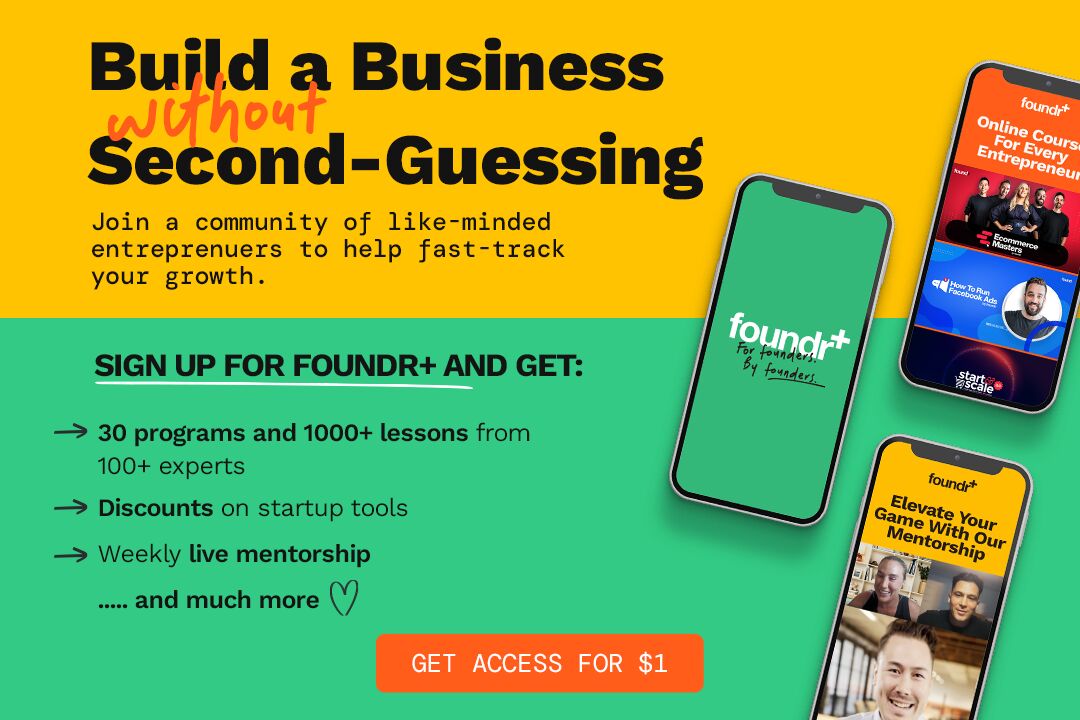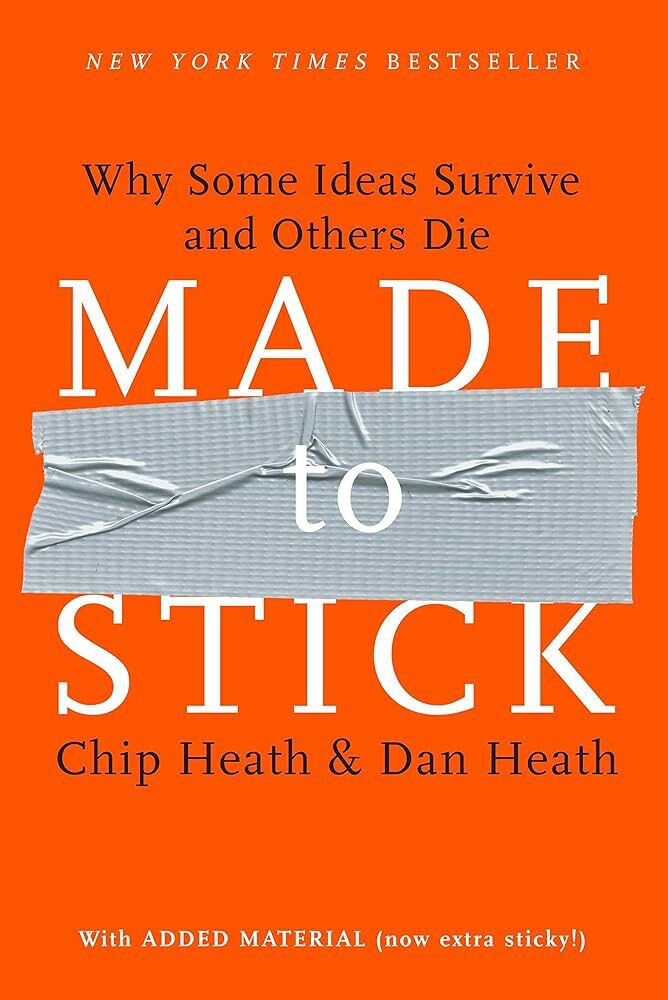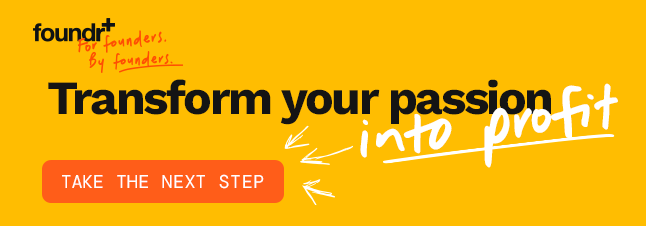Want to become a world-class rock climber? Watch Alex Honnold. Looking to become the next President of the United States? Study about Barack Obama. Want to become a successful entrepreneur? Learn from Arianna Huffington and Gary Vaynerchuk.
While you can kick back, relax, and watch YouTube videos and Netflix documentaries about these masters of their trade, you’ve probably had enough screen time while building your business. Instead, whip up a mug of hot cocoa, cozy up next to your space heater and furry friend, and pick up a business startup book.
Sure, an eBook or audiobook will do the trick, too—but there’s something special about paper, ink, and the wisdom in between.
With millions of books out there, where should you start? That’s a good question. We set out to find and read the best business startup books, and while it’s hard to narrow it down, we’re pretty happy with the list we curated.
You don’t need these books on your bookshelf. Nor do you need them at your desk. You need them in your hands. You need their words in your mind.
All that to say, buying the best business startup books won’t do you very much good unless you set aside time to read and apply the principles.
Below, we’ve compiled a list of 10 business startup books that’ll change the way you start and scale your startup. You’ll learn everything from day-to-day management techniques and virality boosting tips to mindset changes and finding your life’s purpose.
Don’t Read Any of These Startup Books—Study Them
Reading is great, but studying is better.
Think about all the things you’ve read today: emails, articles, tweets, texts, guides, and cereal boxes. Do you remember much of the content? Probably not.
That’s because we spend hours every day reading. Today’s generations scan content faster than ever before, but with so much data coming in, it’s harder for our brains to pick and choose what to retain.
That’s where studying comes in.
Studying involves attention, note-taking, commitment, and action. It’s not something you can do at the end of a long day while lying in bed.
If you’re going to take the time to read these business books, get as much out of them as you possibly can. Create a quiet, distraction-free environment for you to study. After reading a chapter, take notes and highlight the takeaways. Write down (don’t just mentally note) what you plan to do with this newfound knowledge.
The 12 Best Business Startup Books Every Entrepreneur Needs
With seemingly a bazillion books to pick from, why did we settle on 10? Well, you’ve got a business to build. Reading and studying will help, but they’re only supplements to getting your hands dirty and getting to work.
Study, apply, build, repeat. Oh, and don’t forget to have fun, too.
Books are great. We love books. You should read every single one of the books we’ve outlined below—but pace yourself. That means you probably shouldn’t spend every spare moment with your nose stuck in a business book.
Take an evening to binge a Netflix show every now and then. Spend an evening with friends. Go for a walk.
Your business isn’t going anywhere.
You’ve got this, entrepreneur.
1. Born to Shine
Kendra Scott started her self-titled billion-dollar jewelry business out of failure. Her first business failed after 5 years, and she started selling handmade jewelry door-to-door as a side hustle.
Now, Kendra Scott Jewelry is a billion-dollar business with 100 retail locations across the US. But success didn’t come quickly. Through personal struggles, recessions, and rejections, Scott built a fashion business driven by an unforgettable customer experience.
In her entrepreneurial memoir Born to Shine, she shares leadership lessons from her successes and failures.
“Giving those tools of an entrepreneur mindset can be so beneficial,” Scott says. “I think this is a book not just for business owners or entrepreneurs but for people that are going through a transition in their life.”
Scott says that flaws and failures are what make us unique. As an entrepreneur, business leader, and person, embracing the pain gives you power. The “nos” lead to the next “yes.”
“It doesn’t matter what you’ve gone through,” Scott says. “You were put on this earth to do something awesome, whatever that is that brings you joy.”
If you need a bit of inspiration and true stories resonate with you, this book is a must-read.
2. Made to Stick
Made to Stick explores the art of building unforgettable ideas. Brothers Heath, Chip, and Dan explain why you remember Kennedy’s stirring speech about making it to the moon and why everyone from your grandfather to your 3-year-old niece link “Just Do It” and Nike together.
Chip and Dan outline the 6 characteristics necessary to make a message “sticky.” Don’t worry—this isn’t a spoiler:
- Simple
- Unexpected
- Credible
- Concrete
- Emotional
- Story
Storytelling is at the heart of every business, from Apple to IKEA to Patagonia. Unfortunately, some stories die young, but it’s not because the tale or mission is uncompelling—it’s because entrepreneurs didn’t know how to tell it.
Made to Stick transforms the way you communicate. Apply the principles in this book, and everything from your “About Us” page to your Slack conversations will benefit.
3. Thinking, Fast and Slow
Author Daniel Kahneman’s Thinking, Fast and Slow is an entertaining exploration of the way humans think. Understanding the concepts in this book and the psychology of the human brain not only helps you understand your humanity, but they help you learn more about your prospective customers.
Kahneman breaks down all this knowledge and logic into a compelling narrative. Trust us—you won’t feel like you’re reading a business startup book when you read this cover to cover.
If all your copywriting tactics and marketing strategies have failed, this book will tell you why (and what to do about it).
4. The 4-Hour Workweek
While the title might feel clickbaity, the content inside isn’t. The 4-Hour Workweek outlines techniques for how you can work less, make more, and build the life you want instead of living the life you’ve been handed.
Some entrepreneurs want to start their own businesses to get rich. Others do it to gain more everyday freedom. And some people just want to do whatever it takes to live a fulfilling life.
Tim Ferriss shares all the hacks and tools you need to do more with less. This guide shows you:
- How to automate your business to work even when you’re gone.
- How to affordably outsource the minutiae of your business to free up valuable time.
- Methods to eliminate busy work and focus on what really matters.
- How to take “mini-retirements” now instead of waiting until the end of your life to take a break.
- Real-world templates for negotiating, cutting meetings out of your life, and building the work-life balance you’ve always wanted.
Today’s modern work world embraces and celebrates go-getters who trade sleep and social lives for work. “Hustle, hustle, hustle,” they cheer. Ferriss disagrees.
Ferriss gives drowning and aspiring entrepreneurs a reality check by showing you don’t need to work 80-hour weeks to be successful. In fact, you’re probably getting in the way of your business. Take a step by and accomplish more by doing less.
5. Winners Never Cheat
Good guys really can (and should) finish first—and Jon Huntsman proves it in Winners Never Cheat: Even in Difficult Times. Inevitably, you’re going to face business opportunities to lie, steal, cut corners, or cheat your way to success.
You might even be able to get away with it without ever being caught.
Yet, Jon Huntsman advocates for a higher way of living and doing business. Your life as a founder and entrepreneurial leader can be full of courage and integrity—and it should be.
Learn how to make the right ethical decisions, even when it’s hard. Remember why you work and what you’re pushing to achieve. Acquire the tools you need to always do what’s right regardless of the consequences.
If more people read Winners Never Cheat, the world would be a much better place. The insanely rich wouldn’t be the only winners—all their employees, shareholders, customers, and communities would be, too.
6. Before & Laughter
When reading a list of books that any startup business should read, you wouldn’t expect to see a book written by a famous UK comedian.
Before & Laughter, written by Jimmy Carr, is so much more than your average biography. Instead, Carr focuses on the pursuit of happiness, discussing his life story alongside the perspectives and beliefs he has developed along the way.
Such is the popularity of this book, that his appearance on Stephen Bartlett’s Diary of a CEO is one of the most watched and rewatched episodes of all time.
7. DotCom Secrets
Even the best brands can struggle to generate enough traffic to their platform. And for those that do get onto their site, the conversion rates don’t look great either.
DotCom Secrets aims to fix that, allowing you to use Russel Brunson’s insights and information to take your brand to the next level.
For any startups who are setting up an eCommerce brand, this is a must-read. It’s a little old now, first coming out in 2015, but many of the skills and techniques are still relevant.
8. Thrive
Our current definition of success is killing us. We want money and power, and we’re willing to sacrifice our health, family relationships, sleep, and well-being to get it—often, without realizing it.
It’s hard to argue that Arianna Huffington hasn’t tasted this version of success. As co-founder of the Huffington Post Media Group, she’s recognized as one of the world’s most influential women—but is money, influence, fame, and never-ending burnout and exhaustion what success is supposed to look like?
Huffington doesn’t think so. She argues that we need a third metric to define success: thrive. Thrive includes our well-being, sense of wonder, and compassion.
Think about where you spend your time, and think about what you want to be remembered for. Do you want to be remembered for powerful PowerPoint presentations, sleepless nights at your desk, and arbitrary promotion titles? Or would you like your eulogy to celebrate your shared memories, fun adventures, small acts of service, and unapologetic lifelong passions?
Before you embark too far on your entrepreneurial journey, take a step back with Thrive to determine your vision of success. When hard decisions come (which they will), and burnout threatens your life and health (and it will), reflect on what you ultimately want. Are you on the path to money and power? If so, do you have the third leg of your stool, thrive, to keep you from toppling over?
9. The Psychology of Wealth
Regarded as “one of the best and most original finance books in years” by The Wall Street Journal, The Psychology of Wealth is an absolute must-read for any entrepreneurs.
When you set out on your own, your potential earnings skyrocket, as does the potential of failure.
The Philosophy of Wealth helps keep your perspective of money in check, helps you secure funds for a rainy day, prevents overspending, and allows you to view profits and revenue in a healthy manner.
For anyone who deems themselves as a “workaholic,” this book should be at the top of your reading list.
10. The Lean Startup
You didn’t think we’d create a list of business startup books and leave out The Lean Startup, did you?
Let’s face it: most startups fail. Yet, yours doesn’t have to.
The Lean Startup teaches you how to leverage human creativity and capital more effectively to build a company made to last. You’ll learn:
- How to rapidly test and validate ideas
- How to adapt and adjust before it’s too late
- Methods for measuring progress instead of vanity metrics
- What your customers actually want
- How to keep your startup nimble and agile
Test your ideas before you invest your 401(k) into them. Ignore what your customers say—instead, watch what they do. Build a minimum viable product (MVP) first before you waste time and money.
These are the valuable, unpopular lessons you’ll learn in The Lean Startup. Author Eric Ries doesn’t want your success to be a bet, chance, or a 1 in 7 billion success story like Mark Zuckerberg. He wants your success to be formulated and data-driven.
Ditch the fantasies and embrace the scientific approach. It’s not the sexiest method for building a startup, but it’s one that flips the odds of success into your favor.
11. Fall in Love With the Problem
As a business owner, chances are you’ve already come up against your fair share of problems.
And if you haven’t, you can rest assured that there are a few lurking for you just around the corner!
But problems don’t have to be feared. In fact, in Fall in Love With the Problem, Not the Solution by Uri Levine, he suggests you should actually fall in love with the problem instead.
Within these pages are insights from the co-founder of two unicorn startups–Waze and Moovit. He’s been a founder, investor, and chairman for more than ten successful startups focusing on solving big problems. In the book, Levine empowers you to build a successful business by identifying your consumers’ biggest problems and disrupting the inefficient markets currently serving them.
12. Two Weeks Notice
When it comes to entrepreneurship, you’ll struggle to have an in-depth conversation without Amy Porterfield cropping up.
Over the past decade, Amy has become one of the leading voices in entrepreneurship, helping people leave their 9-5 jobs and start successful, self-run businesses.
In her book Two Weeks Notice, Amy teaches readers how to find the courage to quit their jobs, make more money, and work where they want.
From this book, you will gain the valuable tips you need to confidently stride into the office and hand in your notice, knowing you have all the tools you need to start your entrepreneurial journey.
Keep Learning: Amy Porterfield Wants You to Leave Your 9 to 5 Job
Business Startup Books FAQs
Are business startup books worth reading?
The short answer is yes. In a world where consuming information happens as rapidly as a swipe of a finger, taking time to sit and savor an entrepreneur's story is rare. At foundr, we've chatted with the best of the best, and they universally say reading is one of the most effective ways to learn.
Are all business startup books alike?
No. You'll see many business books with catchy headlines and claims if you scan Amazon or your local bookstore. It's never been easier to get a book self-published, which means more ideas and access, but also more selection.
How do you know if a business startup book is worth reading?
Use the 50-page rule. The rest of the book isn't worth it if you get through the first 50 pages and have yet to learn something new. We also suggest listening to startup podcasts, like the Foundr Podcast, where entrepreneurs promote their books. A podcast episode can provide a snapshot of whether the entrepreneur's book is worth investing time in.
Put Your New-Found Knowledge Into Action
Business startup books can teach you new things and get you hyped about building your business, but then it’s time to put the book down and get to work. Let us help.
Check out our catalog of courses, community, and tools to learn everything you need to know to kick-off and grow your startup. Whether you want to grow your Instagram following or launch an ecommerce store, we have the resources to help you make it happen.
—
This article was updated with support from Graeme Whiles.




















